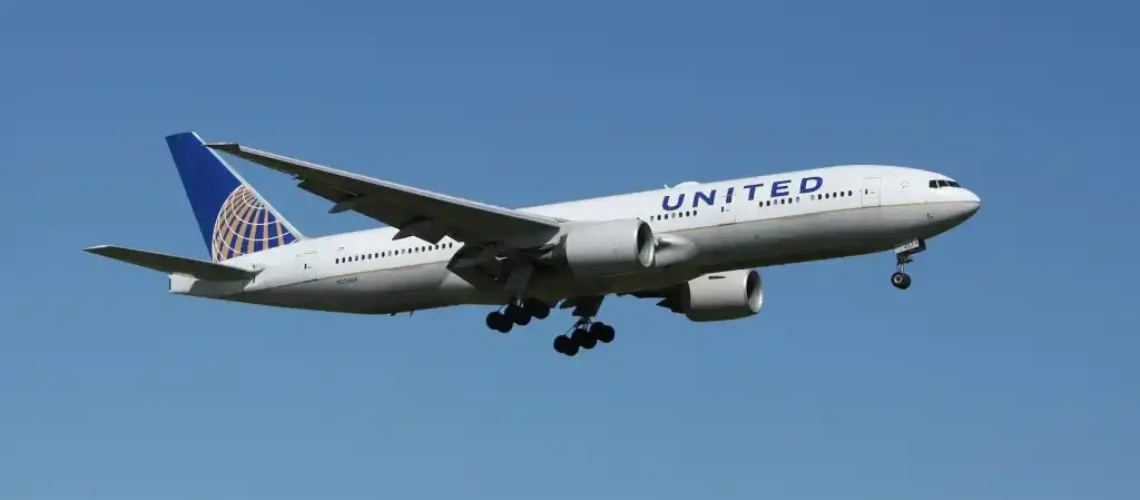The recent experiences of United Airlines, American Airlines, and Delta Air Lines underscore the increasing need for the aviation industry to adapt to the realities of extreme weather events in a warming world. As global temperatures rise, scientists have long predicted that more severe storms, heatwaves, and disruptions would become commonplace.
During a Wall Street analyst call, United Airlines CEO Scott Kirby discussed the financial impact of thunderstorms that caused significant delays and cancellations at East Coast airports ahead of the July 4 holiday. American Airlines CEO Robert Isom faced a similar issue, detailing the airline’s measures to combat record-breaking summer heat and ensure passenger and ground crew safety.
Delta Air Lines faced blowback from a recent incident where one of its flights was delayed for three hours on a triple-digit temperature tarmac in Las Vegas, prompting Transportation Secretary Pete Buttigieg to vow an investigation. These incidents, though coincidental, highlight the industry’s growing struggle to cope with extreme weather events.
The International Civil Aviation Organization (ICAO) warned in a 2020 paper that climate change posed various threats to aviation. Rising sea levels endanger coastal airports, and more intense storms disrupt schedules and damage infrastructure. Heatwaves may force airlines to reduce passenger loads due to the difficulty of aircraft lifting off in hotter, thinner air.
Shorter runways, such as those at New York’s LaGuardia and Washington’s Reagan National airports, will be most affected. For instance, during extreme heat, airplanes may have to reduce their weight by 10 to 30 percent.
The challenges facing airlines demonstrate the need for the Biden administration’s infrastructure and climate-adaptation spending. The investment aims to make the transportation system more resilient and reduce climate-warming emissions.
American, Delta, and United, which carry approximately half of the industry’s passengers in the United States, are already adapting to changing conditions. United worked with the Federal Aviation Administration to recover quickly from recent storms. American has previous experience operating in hot conditions and is committed to addressing these challenges going forward.
Delta is cooperating with the Transportation Department’s investigation into the Las Vegas delay, which showcases how extreme weather poses reputational risks for airlines. Flight delays and cancellations not only have financial implications but also erode the perception of airlines’ reliability.
The aviation industry’s ability to adapt to extreme weather is crucial to maintaining passenger confidence and ensuring a secure and reliable air travel experience. As the effects of climate change continue to manifest, airlines must invest in resilience and adaptability to thrive in an ever-changing climate.


